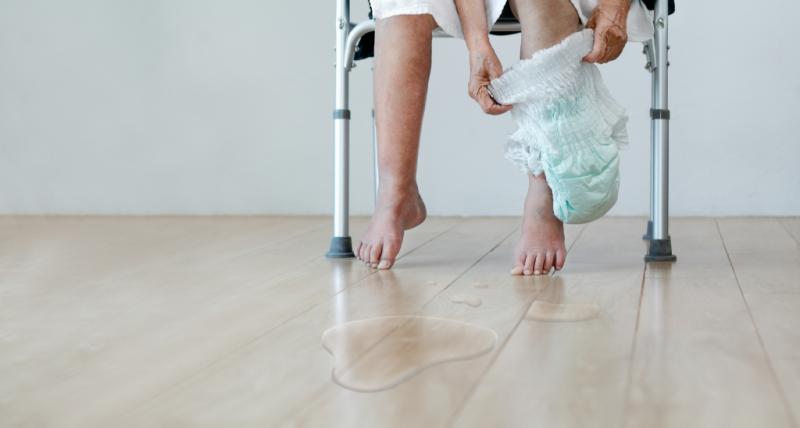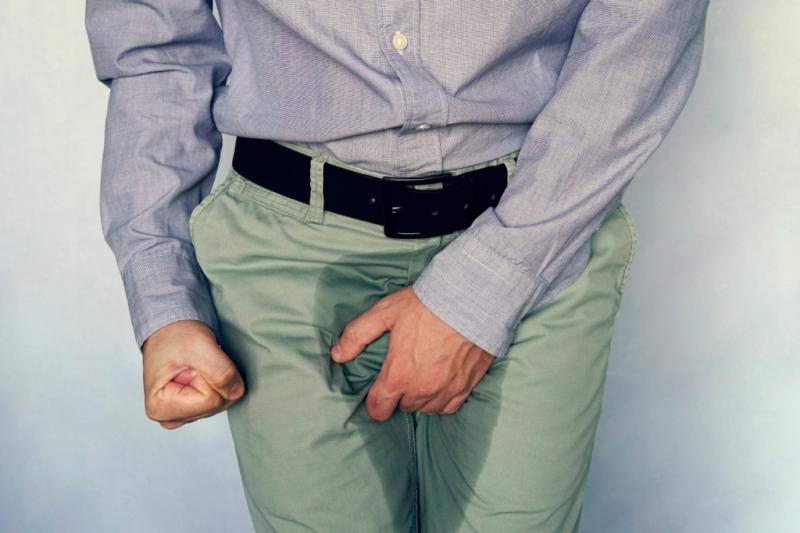4 Tips For Coping With Adult Incontinence

Anyone can experience urine leakage. When you laugh, cough, exert effort, feel surprised, or scared – you may have felt this sudden urge to urinate. However, it can become alarming when it becomes severe, accompanied by pain, or urinating before getting to the bathroom.
Adult incontinence is commonly seen in pregnant women, older adults, and individuals with mental and physical illnesses. The use of disposable diapers for adults and disposable underwear is recommended to help those with this condition travel, do chores, stroll around, and continue to enjoy the activities they used to love.
Immediate medical consultation is vital to get proper medications and treatments. Symptoms need to be controlled and treated before they worsen and lead to further infection.
What is Adult Incontinence?
Adult incontinence refers to the involuntary and disorderly urine discharge of a person. Uncontrollable urine leakage occurs due to old age and underlying diseases. The prognosis of the condition ranges from mild to severe and temporary or chronic.
Women are said to be more susceptible to acquiring urinary incontinence. The bladder is likely to be affected due to structural changes in the pelvic area during pregnancy and hormonal changes during and after childbirth.
The menopausal stage also alters and reduces hormones. Accompanied by aging, they can result in the weakening of the bladder and its surrounding muscles.
Moreover, the presence of underlying chronic conditions can also increase the susceptibility of experiencing incontinence in both men and women. Diabetes, chronic constipation, liver and kidney problems contribute to the diminishing function of the bladder.

Types of Adult Incontinence
- Stress Incontinence - this happens when physical movements or activities such as laughing, sneezing, exercising, or coughing cause pressure in the bladder that makes urination hard to control.
There is impairment and weakening of the pelvic floor muscles due to pregnancy, childbirth, obesity, post-prostate surgery, adverse effects of medications, trauma, and lesions in the bladder and its surrounding structures.
This condition is commonly seen in people with neurological disorders such as cerebrovascular accidents, spinal cord injury, Parkinson's disease, spina bifida, multiple sclerosis, and hydrocephalus.
- Functional Incontinence - this condition happens with mentally incapacitated patients because they cannot perceive the urge to urinate or get to the toilet on time. Those with underlying cognitive and physical diseases such as Alzheimer's, depression, anxiety, severe back pain, or arthritis experience this problem.
- Urge Incontinence – is also known as Overactive Bladder; it refers to urine leakage due to abnormal bladder contractions. For example, a person suddenly feels a strong urge to urinate, followed by an uncontrolled loss of urine.
Urge incontinence is considered a minor condition. The most common causes are urinary tract infection (UTI), bladder stones, and adverse effects of medications. Diabetes, Parkinson's disease, cerebrovascular accidents, central nervous system (CNS) tumors, and multiple sclerosis also result in this condition.
- Overflow Incontinence – occurs when there is urine spillage due to the incapacity to empty the bladder fully. It requires immediate medical attention because infections may develop.
This type of incontinence is caused by chronic constipation, urinary tract tumors, enlarged prostate, impaired bladder muscles, adverse effects of medications, and nerve damage.
- Mixed Incontinence – is when stress and urge incontinence combine; this is commonly seen in women.
Tips To Cope With Adult Incontinence
Immediate medical attention and proper management are needed to alleviate, if not treat, the condition. Here are the tips for coping with adult incontinence:
- Seek Medical Consultation
People who experience urine leakage must not be ashamed of their situation. The top priority is to get the proper diagnosis. Incontinence may be a sign of an underlying condition that needs to be treated first.
Regardless of severity, any sign of incontinence warrants a medical consultation with a physician, specifically a urologist. Urologists are specialists for urinary tract problems. They will need to determine the cause of the urine leakage to develop a treatment plan right away.
- Strictly Follow the Physician's Orders
Remember to follow your physician's orders. It may include referral to other specialists that will further evaluate your condition. Changes in the dietary plan and the other tips below are common recommendations.
- Watch Your Weight- A balanced diet will render a healthy weight. There will be increased pressure on the bladder and surrounding structures when overweight or obese. Low-intensity exercise can help you lose weight without triggering incontinence.
- Avoid Diuretics- You must avoid alcoholic beverages, tea, and coffee. These beverages are considered diuretics that stimulate urine production. However, adequate water intake is still recommended to prevent dehydration.
- Quit Smoking- Smoking cessation is also encouraged as it makes you cough. The pelvic floor muscles must not be stressed to prevent the worsening of the condition.
- Try Urinary Incontinence Products
Life goes on even with incontinence. Adult diapers and disposable underwear can be used to protect you from urine leakage. You can enjoy strolling in the mall or park without worrying about getting wet.
These incontinence products can be bought from department stores, supermarkets, drug stores, and pharmacies.
- Have a Support System
Your spouse, children, other family members, and friends can be your support system. Experiencing adult incontinence may lower your self-esteem and confidence. Thus, communicating your needs and feelings to your primary caregiver and your support system can help you, and them adapt to the lifestyle changes you may need to go through.
You may also consult a psychiatrist to guide you on dealing with insecurities and worries.
In Conclusion
Adult incontinence may affect an individual's mental and physical state. A simple errand may put weight on your shoulders. You may be ashamed to go out in public to avoid embarrassing situations. Frequent trips to the bathroom make you feel irritated.
Luckily, there are ways to cope with adult incontinence, such as seeking medical attention, following the doctor's orders, using adult diapers or disposable underwear, and having a support system. Try these tips to overcome frustration, alleviate symptoms, and have a better quality of life.
More to Read:
Previous Posts:








